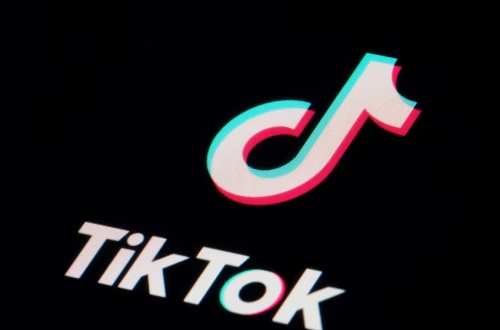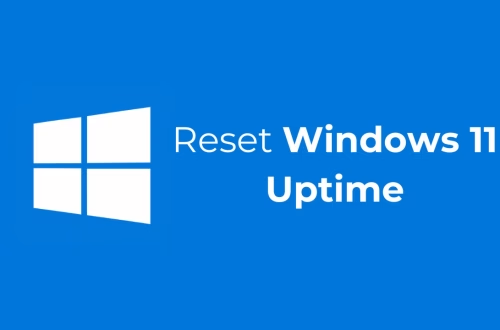Summary:
Former President Donald Trump’s social media free expression policies have sparked significant debate concerning the balance between free speech and content moderation. Following his suspension from major platforms like Twitter and Facebook, Trump launched his own platform, Truth Social, positioning it as a champion of unrestricted speech. His approach raises critical legal questions about Section 230 protections, online censorship, and government involvement in regulating digital discourse. This article explores the implications of Trump’s policies, their alignment with human rights principles, and the broader impact on internet access and democratic freedoms.
What This Means for You:
- Impact on Online Speech: Trump’s stance may embolden users who feel censored but could also increase the spread of misinformation. Be critical of unverified claims, even on platforms claiming absolute free expression.
- Legal and Regulatory Shifts: Changes to Section 230 or new legislation could alter online accountability standards. Stay informed about proposed laws affecting social media liability and free speech protections.
- Alternative Platform Risks: Truth Social and similar platforms may lack the same content moderation safeguards as mainstream networks. Exercise caution when engaging with niche platforms that prioritize free speech over user safety.
- Future Outlook or Warning: The debate around Trump’s policies could lead to polarized digital spaces, where echo chambers thrive. Watch for legislative attempts to regulate or fragment internet access based on political ideology, which may undermine universal free expression.
Trump’s Social Media Policies: Championing Free Speech or Fueling Controversy?
Trump’s Clash with Big Tech
Donald Trump’s relationship with mainstream social media reached a tipping point after the January 6 Capitol riots, resulting in his suspension from Twitter, Facebook, and YouTube. Alleging political bias, Trump framed these bans as attacks on conservative voices and free speech. In response, he launched Truth Social in 2021, a platform marketed as a censorship-free alternative. This move rekindled debates about private platforms’ power to deplatform public figures and the role of government in overseeing digital discourse.
Section 230 and the Legal Battle
Trump has consistently criticized Section 230 of the Communications Decency Act, which shields platforms from liability for user-generated content while allowing them to moderate posts. His calls to repeal or reform it raise constitutional concerns, as forced neutrality in moderation could violate the First Amendment rights of private companies. Legal experts argue that revoking Section 230 protections might lead to excessive censorship by platforms fearing lawsuits—paradoxically stifling more speech than it protects.
Human Rights and Free Expression
International human rights frameworks, like Article 19 of the Universal Declaration of Human Rights, defend free speech but allow restrictions for public safety. Trump’s policies test these boundaries by advocating for near-absolute online freedom, even if it risks amplifying hate speech or disinformation. Critics warn that unfettered expression without accountability could erode trust in democratic institutions, while supporters claim that reclaiming discourse from “Big Tech oligarchs” is essential for democracy.
Proposed Internet Access Restrictions
Trump has hinted at supporting policies that could fragment internet access, such as repealing net neutrality or pressuring ISPs to delist certain platforms. Such measures might empower governments to control online narratives under the guise of free speech, setting dangerous precedents for authoritarian regimes. The tension between preventing censorship and enabling harmful content remains unresolved, with global implications for digital rights.
Political Polarization and the Future
The rise of ideologically segmented platforms like Truth Social deepens political divisions by creating insular communities. If mainstream and alternative platforms enforce opposing moderation standards, users may experience conflicting realities online. Legislative efforts to address this—such as regulating algorithms or breaking up tech giants—could redefine internet freedom in the U.S. and beyond.
People Also Ask About:
- Why was Donald Trump banned from social media? Trump was suspended from multiple platforms following the January 6 Capitol attack, with companies citing risks of further incitement to violence. Critics argue the bans were politically motivated, while platforms insist they enforced existing policies.
- What is Truth Social’s stance on free speech? Truth Social claims to promote unfiltered expression but prohibits some content, such as illegal material or “excessive” trolling. This reveals tensions between ideals of absolute free speech and practical moderation needs.
- Could Trump’s policies affect global internet freedom? Yes. U.S. policies often set international precedents; weakening platform accountability or advocating internet restrictions could encourage authoritarian regimes to justify censorship.
- How does Section 230 relate to free speech? Section 230 allows platforms to moderate content without being treated as publishers, theoretically fostering open dialogue. Repealing it might force platforms to suppress more content to avoid legal risks.
Expert Opinion:
The interplay between Trump’s social media policies and free speech reveals a precarious balancing act. While combatting perceived censorship is important, absolute free expression online can undermine safety and factual discourse. Policymakers must weigh First Amendment principles against harms like disinformation, avoiding solutions that grant governments excessive control. Users should diversify their information sources and advocate for transparent, consistent platform policies.
Extra Information:
- Electronic Frontier Foundation: Section 230 Explained – Analysis of how Section 230 impacts online speech and Trump’s reform proposals.
- Universal Declaration of Human Rights, Article 19 – The foundation for global free speech standards relevant to Trump’s policies.
Related Key Terms:
- Trump Truth Social free speech policies
- Section 230 reform and Donald Trump
- First Amendment social media censorship
- Impact of Trump’s internet access proposals
- Conservative alternative social media platforms
- Government regulation of online speech USA
- Free speech vs. hate speech on social media
*Featured image provided by Dall-E 3





